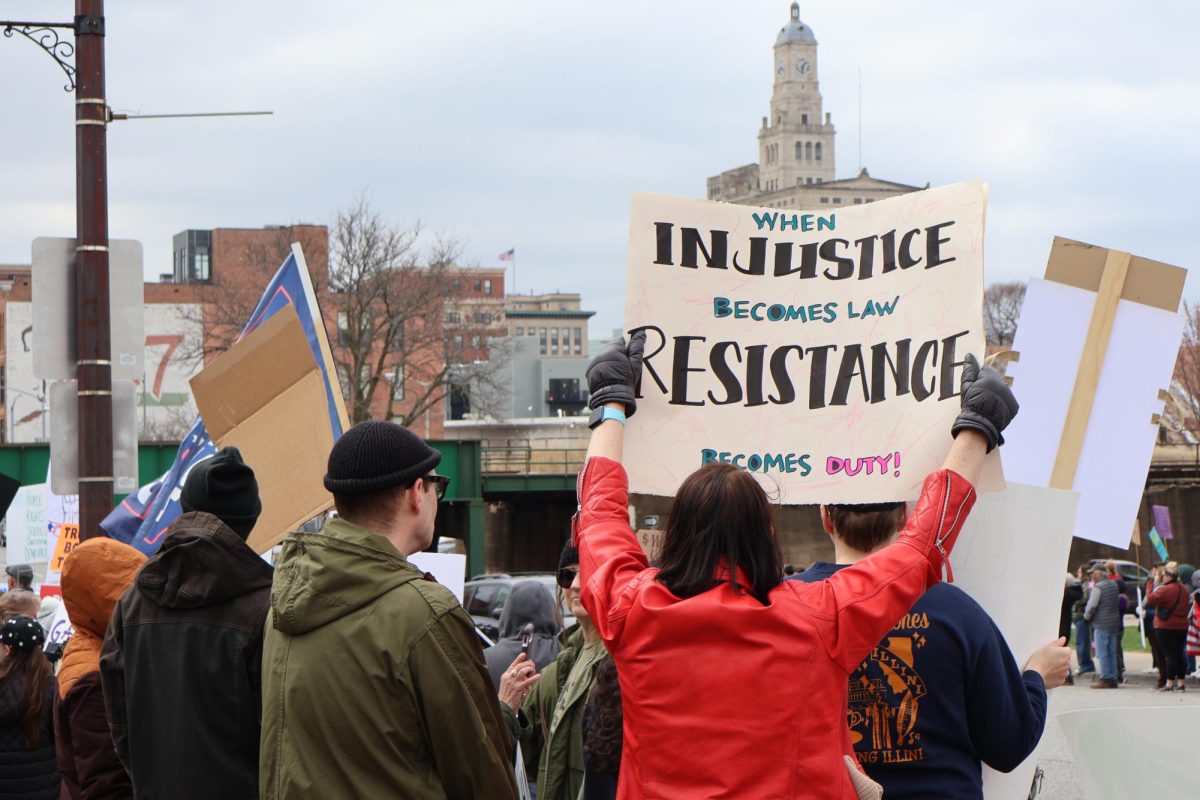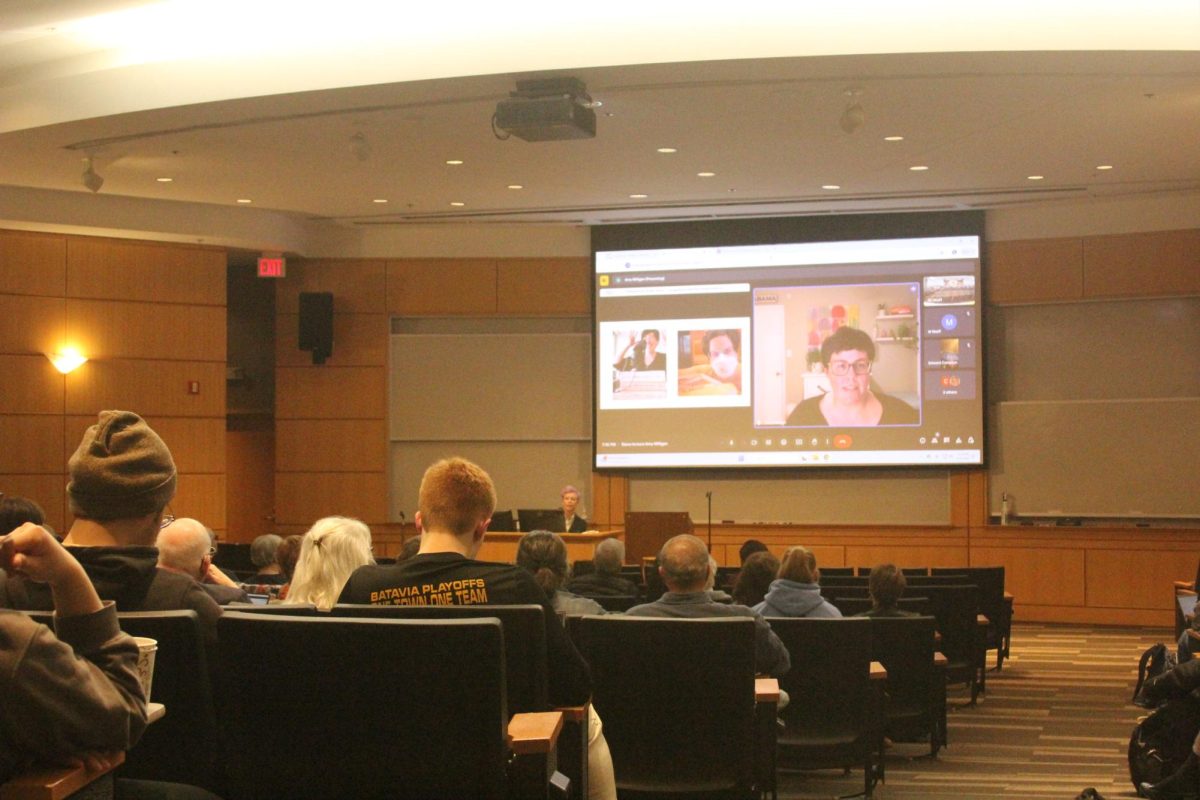Elon Takes on Twitter
November 12, 2022
After several tumultuous months of back-and-forth, Elon Musk’s $44 billion acquisition of Twitter settled on Oct. 27th.
This acquisition of Twitter by Musk has serious implications for the future of social media as a whole. By revising the ways in which moderation works, I believe that disinformation, hate speech, discrimination and extremism will flourish on the platform.
Twitter is a social media platform known for its dialogue and discourse as well as the frequent networking between users. However, Musk has been critical of the platform’s moderation and management for quite some time, meaning that many aspects of the platform are going to change following his ownership.
Musk has deemed himself a “free speech absolutist” and has many plans for Twitter including reducing moderation and censorship and even reversing the bans on suspended accounts.
He has already followed through with his idea to revise the monetization of the platform. This includes scrapping advertisements and charging monthly for a subscription to Twitter Blue, which includes verification.
Some users are taking advantage of the reduced moderation and censorship, as evidenced by the nearly 500 percent increase in the usage of racial slurs on Twitter during the first 12 hours of Musk’s ownership.
Trolls and anonymous accounts also reportedly increased their hate speech, discrimination and sexism. These immediate repercussions show the negative consequences of relaxing moderation on social media websites in the name of “free speech.”
There is also concern about Musk’s proposed edit button for tweets. Some believe that this can encourage people to cover up abuse, harassment or even to manipulate other people. However, other social media platforms such as Facebook and Instagram already allow users to edit their posts.
It has been advised that on Twitter if an edit option is created, safeguards should be put in place that make it harder for people with bad intentions to abuse the system, such as showing previous versions of the tweet.
Finally, Musk’s monetization of the platform can result in minority voices being silenced and hate speech being privileged. By monetizing verification on the platform, something that was previously reserved for public figures exclusively, Musk risks a hierarchy on the platform where the wealthiest are privileged and all others are silenced.
Musk originally planned to charge $20 a month for the blue verification check mark but has since reduced the cost to $8. This is still a lot of money for the typical Twitter user to fork over every month. When considering that verification will also include a priority in replies and search results as well as the ability to post longer video and audio, there is the possibility that many users will be excluded from dialogue on the platform.
This could have implications for extremist groups and other people to spread misinformation and hate speech under the guise of a verified user. These posts and their subsequent discussion will also be prioritized, being seen by many more people than the average post.
With all of these factors in mind, it is clear that Twitter will most likely become a more negativity-based platform where the loudest voices prevail and minority voices are overshadowed. Musk’s ownership of Twitter signals the possibility that more social media platforms will become private and favor more privileged members.



































































































